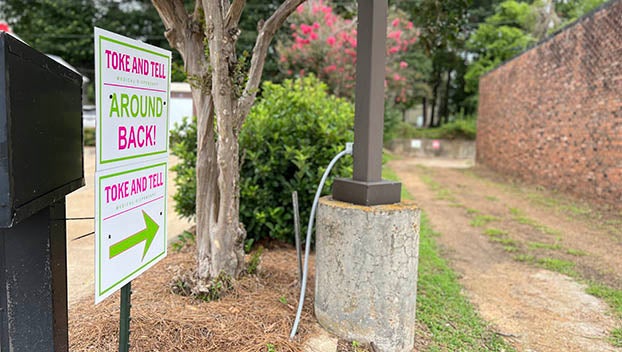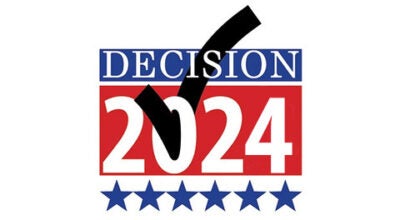Manning case back before judge; State high court to hear arguments in October
Published 12:12 am Tuesday, September 2, 2014
JACKSON — A Mississippi death row inmate is back before the state’s high court, but not for the 1992 slaying of a Natchez native.
Willie Jerome Manning is appealing an Oktibbeha County judge’s denial of his post-conviction challenges related to evidence and his lawyer’s performance during his trial in the slayings of two elderly women.
The Mississippi Supreme Court will hear oral arguments in the case on Oct. 27 in Jackson.
In 1996, Manning was convicted and sentenced to death in the slayings of Emmoline Jimmerson, 90, and her daughter, Alberta Jordan, 60, during a robbery attempt at their Starkville apartment in 1993. The women were beaten and their throats were slashed.
Manning was also convicted of killing Natchez native Jon Steckler and his girlfriend, who were both students at Mississippi State University at the time.
The bodies of Steckler and Tiffany Miller were found in rural Oktibbeha County in December 1992. Manning was convicted in 1994 and sentenced to death. Prosecutors said Manning was arrested after he tried to sell some items belonging to the victims.
In May 2013, Manning had been set for lethal injection in that case. The state Supreme Court blocked the execution hours before it was scheduled. Justices didn’t explain their action, but Manning had argued that DNA tests would prove him innocent. That case was sent back to Oktibbeha County.
In the Starkville case, the Mississippi Supreme Court upheld Manning’s conviction and two death sentences in 2000. But four years later, the high court granted Manning approval to pursue three post-conviction claims: that prosecutors withheld evidence; that they presented false evidence; and that Manning was denied effective counsel at trial and on appeal.
Circuit Judge Lee Howard ruled against Manning on all three issues in 2013. But Manning’s attorneys appealed, claiming Howard’s ruling denied Manning “an opportunity to develop a number of claims challenging the reliability of his conviction.”
During the initial trial, one of Manning’s friends, Kevin Lucious, testified that he spoke to Manning at the Brooksville Gardens apartments on the evening of the slayings and then saw Manning force his way into the women’s apartment. Other witnesses also testified they saw Manning at the apartments. Manning denied he had been there.
Manning argued Lucious later recanted. Lucious said he was coerced by prosecutors into implicating Manning, according to court documents.
Howard, the Oktibbeha County judge, said he found no reliable proof that Lucious was threatened by law enforcement officials. Howard said law enforcement officials testified Lucious was never threatened or pressured for testimony in the case.
Howard said he could not find that Manning’s lawyer was ineffective for failing to attack Lucious testimony.
Special Assistant Attorney General Melanie Thomas said in court documents that Lucious gave several statements to authorities about the slayings. She said it was only six years after the trial that Lucious argued he was coerced by prosecutors and the story changed each time Lucious was asked to describe how he was coerced.
“The only time his story ever made sense … was when Lucious testified at Manning’s trial,” Thomas said.
Emily Maw, an attorney for the New Orleans-based Innocence Project, argued in a friend of the court brief that it was clear Lucious lied while testifying at Manning’s trial. She said the very least the Supreme Court should do is reverse Manning’s conviction so the case may be reinvestigated.
The Associated Press contributed to this report.





